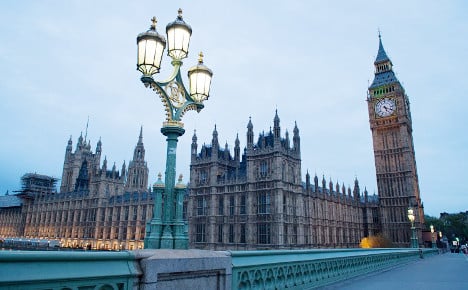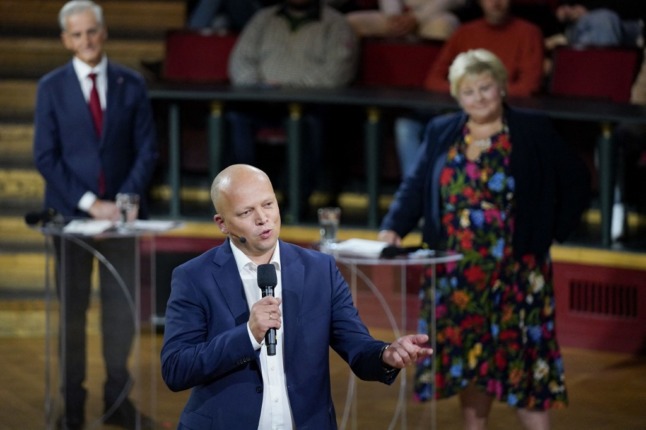The UK government said on Friday that the rule that has barred British nationals from voting if they have lived abroad for over 15 years, will be scrapped in time for the 2020 election.
The government published its intention to ditch the unpopular law, which Britons living abroad have long fought against, by publishing a policy statement titled “Democracy that works for everyone”.
“We believe that overseas electors contribute to British society and should be given that democratic right to vote,” the constitution minister Chris Skidmore said.
“We intend to give those overseas electors the chance to register quickly and securely so they will be able to register to vote in time of the 2020 election.”
“British citizens who move abroad remain a part of our democracy and it's important they can participate” – @cskidmoremp pic.twitter.com/adFk3guawP
— Cabinet Office (@cabinetofficeuk) October 7, 2016
Writing in The Telegraph newspaper Skidmore said: “Being British is about so much more than simply being resident in the UK.
“It doesn’t matter where they live, British citizens are still a part of British society, retaining strong cultural and social ties with their families at home and helping to build businesses abroad,” writes Skidmore.
“The decisions that are made on British shores impact our citizens around the world and indeed many plan to return to live here in the future,” he added.
The Conservative government had pledged to scrap the rule as a pre-election promise but many long-term expats living in the EU were left angered when it became clear the government would not push through the change before the crucial referendum.
Indeed the sentiment among many British nationals abroad on Friday was that the announcement had come too late.
“I would have been delighted. Just a few months ago I would have been ecstatic, but now, faced with the impending loss of my EU citizenship and associated rights, the triumph has lost some savour,” said The Local reader Yvonne Flavin.
Nevertheless those British citizens who had long campaigned against the injustice were happy at Friday’s announcement.
“This is great news,” says France-based Brian Cave. “We are nearly there. We shall vote at the next General Election. All those who have taken part in this long campaign will know that it was worth it and as we kept saying: ‘we will win because we are right’.
“Winston Churchill would have said: ‘This is not the end, but it could be the beginning of the end,'” said Cave.
We're delivering on our pledge to give British people living overseas a lifelong right to vote in UK elections https://t.co/QNNhEgAZi1 pic.twitter.com/GmUwYwvrBG
— Cabinet Office (@cabinetofficeuk) October 7, 2016
The government will now draw up a bill which must be given the green light by parliament, but all being well all Britons abroad should be able to cast a vote in 2020.
The next question is will they give Brits abroad our own MPs?



 Please whitelist us to continue reading.
Please whitelist us to continue reading.
Member comments